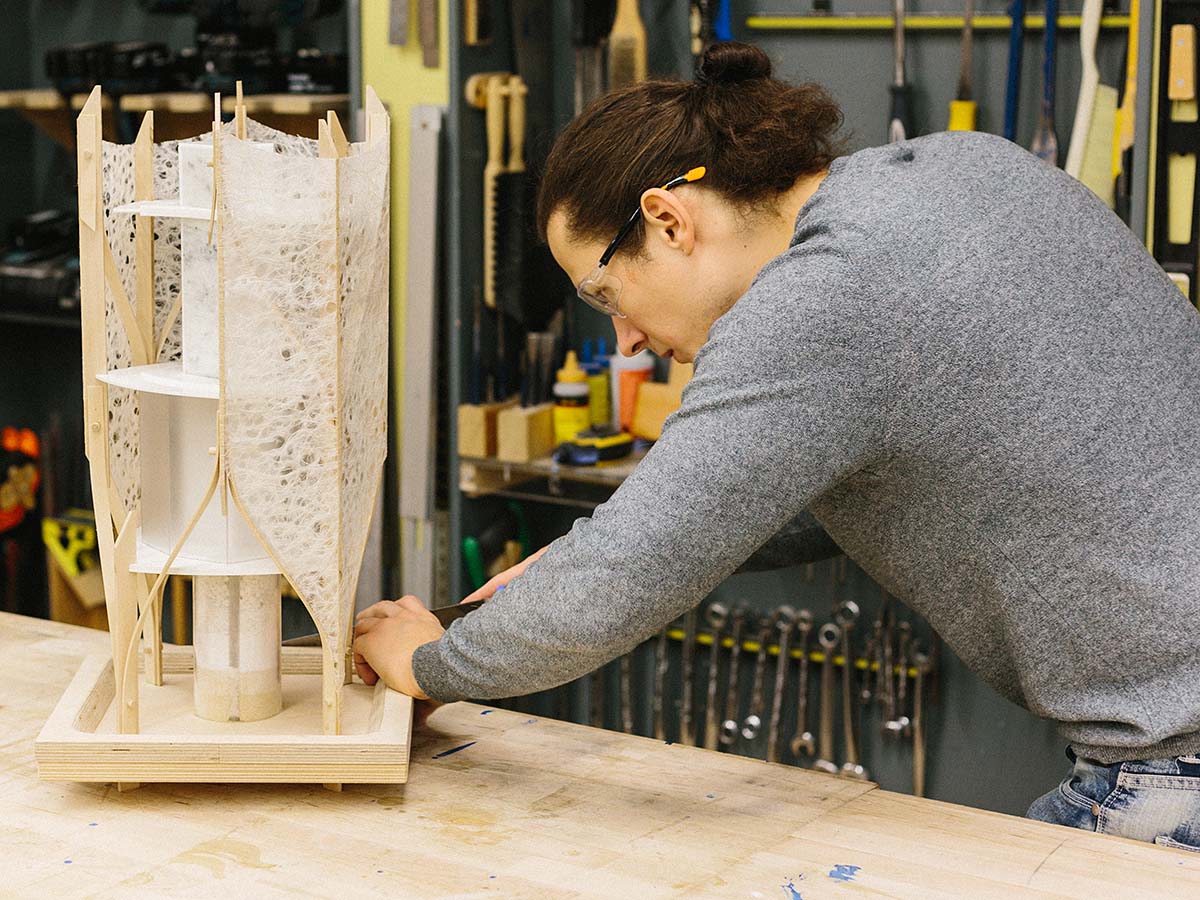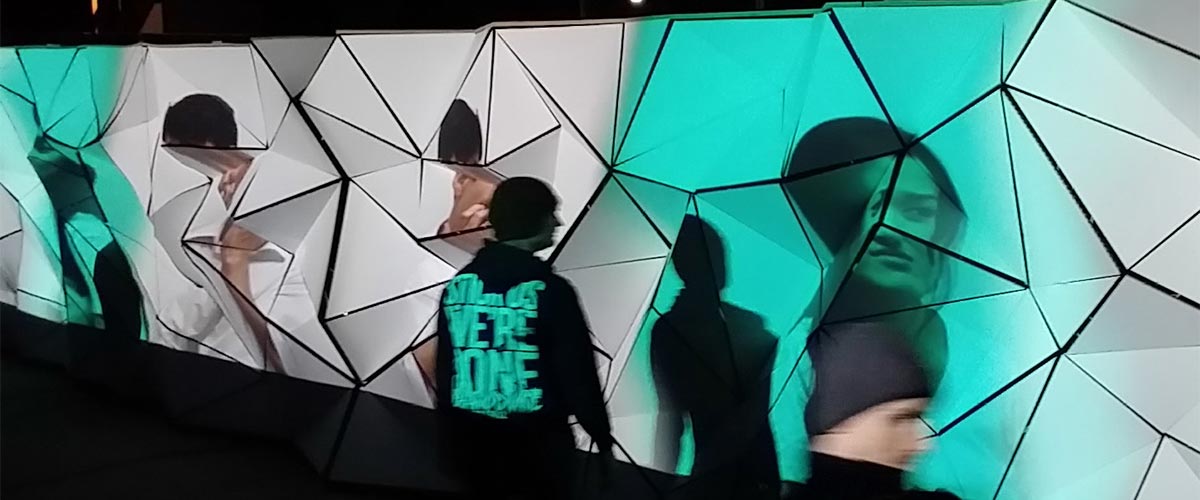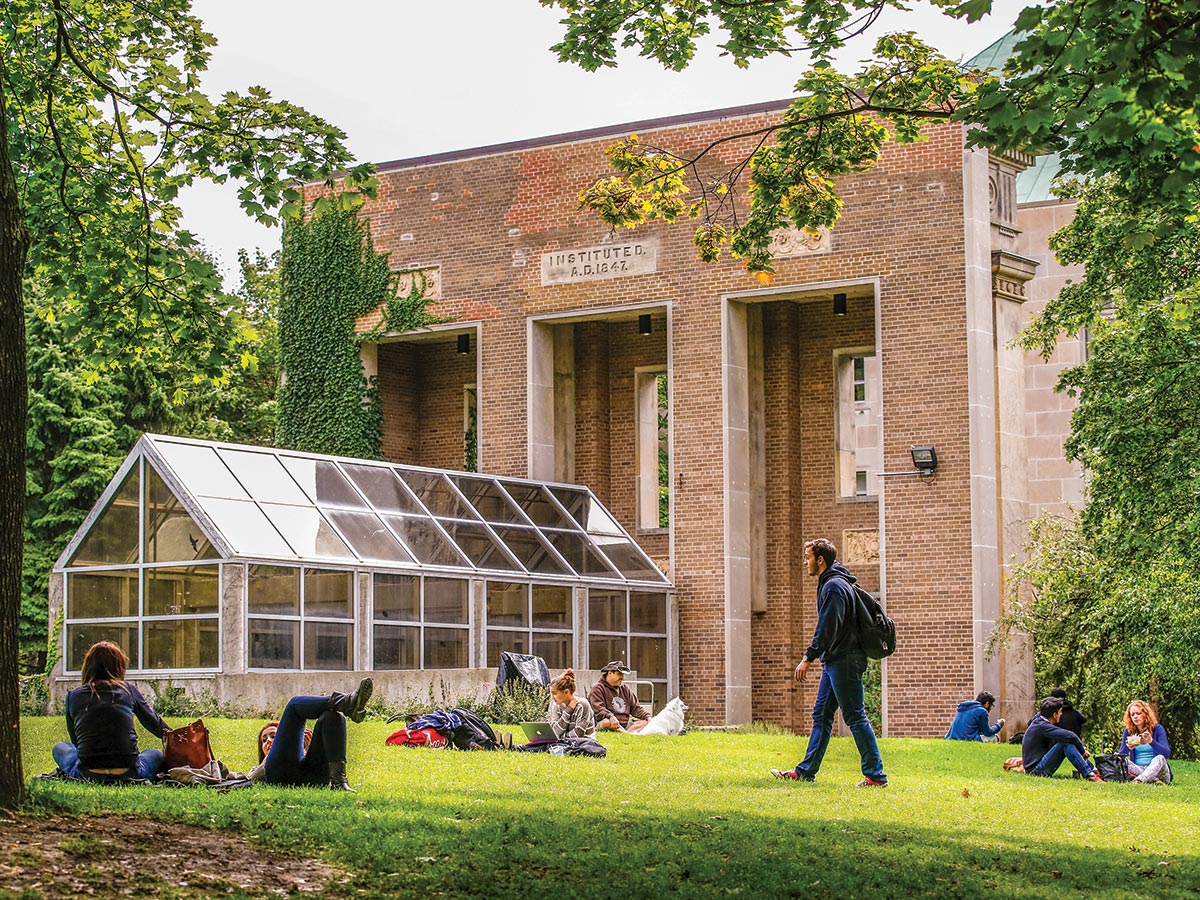Architecture (MArch, PhD)

Format: Full-time
Degree Earned: Master of Architecture (MArch) or PhD in Architecture
Students in this program reimagine, redesign and reevaluate the built environment, with support from world-class faculty, peers and industry partners. The Master of Architecture (MArch) is fully accredited by the Canadian Architectural Certification Board. This program prepares students for professional licensure and provides opportunities for intellectual growth and critical study of practice in its contemporary forms and future potential. The PhD in Architecture is for students wishing to make an original and significant contribution to disciplinary knowledge through design-driven research and creative scholarship.

MArch
- Completion of a BArchSc degree (or equivalent) from an accredited institution
- Minimum grade point average (GPA) or equivalent of 3.00/4.33 (B) in the last two years of study
- Statement of thesis intent
- Resumé/CV
- Transcripts
- Two letters of recommendation
- English language proficiency requirement
- Portfolio
PhD
- Completion of a CACB-accredited architecture degree (or foreign equivalent) from an accredited institution
- Minimum grade point average (GPA) or equivalent of 3.33/4.33 (B+)
- Resumé/CV
- Transcripts
- Three letters of recommendation, one of which must be from a prospective supervisor in the Department, see list of available supervisors
- Statement of interest, addressing the proposed research topic and methodologies, motivations and objectives, with bibliographic references (1,500-2,000 words)
- Portfolio of design work (max. 50MB)
- Writing sample
More information on admission requirements. Due to the competitive nature of our programs, it is not possible to offer admission to everyone who applies that meets the minimum entrance requirements for the program.
For detailed fees information visit Fees by Program.
- Architectural History, Theory and Criticism
- Architectural Representation
- Architecture and Pedagogy
- Design Methods and Experimentation
- Emerging Technologies
- Food Security
- Health and Wellness
- Heritage Conservation
- Interactive Architecture
- Low-energy Housing
- Responsive Architectural Systems
- Sustainable Design
- Urban Ecology
- Wood Architecture
- Emerging Technologies
- Intensive Research Studio
- Seminar in Critical Practice
- Thesis Research and Critical Project
- Dedicated studio and seminar space
- CAD Lab with 40 workstations and additional computers in studio
- Digital Fabrication Zone: 3D printer, laser cutters, CNC router, vacuum former, mini robot
- Full wood workshop
Graduate Admissions
Admissions information and how to apply
Graduate Studies Admissions Office
11th floor, 1 Dundas St. W
Toronto, ON
Telephone: 416-979-5150
Email: gradhelp@torontomu.ca
Program Contacts
Dr. Paul Floerke
Graduate Program Director
Dipl.-Ing., Dr.-Ing., Architekt AKNW DE, MRAIC
Research areas: Architectural Education, Architectural Design and Building Construction Architectural Theory, Planning Theory, Sustainable Architecture, New Wood Architecture
Telephone: 416-979-5000 ext. 554895
Email: paul.floerke@torontomu.ca
Mimi Lam
Graduate Program Administrator
Telephone: 416-979-5000 ext. 552676
Email: gradarch@torontomu.ca
“The most important aspect of a master’s degree in Architecture is the potential to explore individual areas of inquiry that are important to the student.”
Student Profile: Greener Living (external link)
Matthew Ferguson (Architecture MArch alumnus) hopes to change the way we live.

Once you’ve made an informed choice about which program(s) you are going to apply to, preparing your application requires careful research and planning.
Funding
At Toronto Metropolitan University, we understand that pursuing graduate studies is a significant financial investment. Funding comes from a combination of employment contracts (as a teaching assistant), scholarships, awards and stipends. There are a number of additional funding sources – internal and external – available to graduate students that can increase these funding levels.
Research
As an urban innovation university, Toronto Metropolitan University offers 60+ cutting-edge, career-oriented graduate programs, as well as 125+ research centres, institutes and labs, in a wide range of disciplines. Our close connections with industry, government and community partners provide opportunities to apply your knowledge to real-world challenges and make a difference.
